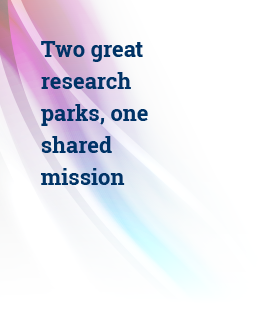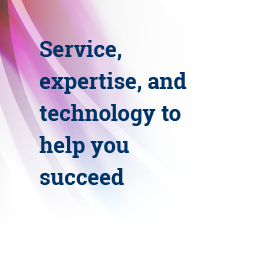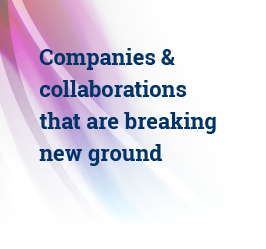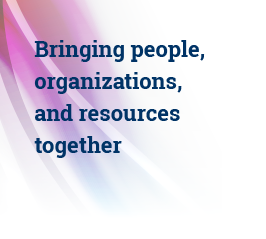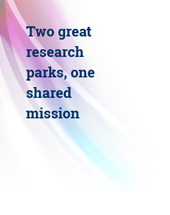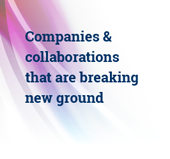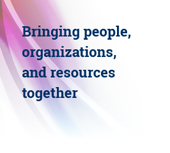Tucson Startup Focused on Artificial Intelligence (AI) Water Management Project Helps Sustain a European Nation
The University of Arizona Center for Innovation has announced that NOAH Malta, a subsidiary of NOAH Arizona LLC, a company based on technology invented at the University of Arizona and started at the University of Arizona Center for Innovation (UACI), has been awarded a groundbreaking contract by the European Union.
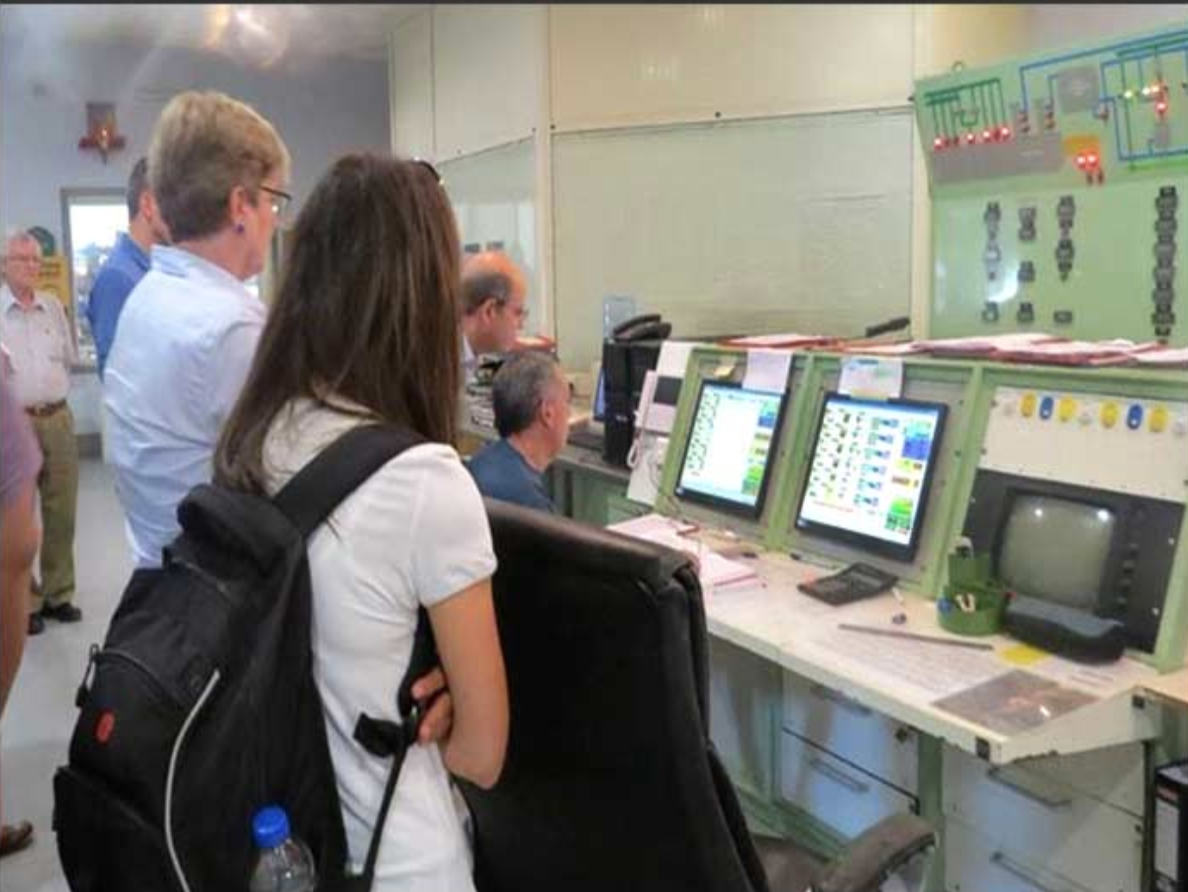 The contract entitled “DEVELOPMENT OF A PREDICTIVE WATER ABSTRACTION AND PRODUCTION MODELLING FRAMEWORK,” engages NOAH Malta to study the feasibility of implementing NOAH’s patented water management decision support system on the island nation of Malta. NOAH is working in partnership with Malta’s Energy and Water Agency (EWA) and the Water Services Corporation (WSC), the water utility in Malta.
The contract entitled “DEVELOPMENT OF A PREDICTIVE WATER ABSTRACTION AND PRODUCTION MODELLING FRAMEWORK,” engages NOAH Malta to study the feasibility of implementing NOAH’s patented water management decision support system on the island nation of Malta. NOAH is working in partnership with Malta’s Energy and Water Agency (EWA) and the Water Services Corporation (WSC), the water utility in Malta.
Malta, the most densely populated European nation, is an archipelago consisting of one main island and several smaller ones located in the Mediterranean Sea between Sicily and Africa. It ranks among the most water scarce nations in the world. Today, with a booming economy and thriving as a popular tourist destination, Malta is experiencing a “perfect storm” that is becoming all too typical across the globe: too little natural freshwater for its growing demand, made worse by more frequent droughts from climate change.
NOAH’s patented water management system combines real-time data streams with AI and optimization models. The system helps identify optimal water management strategies that minimize costs while maximizing water sustainability and quality. Working with the startup incubation team at the University of Arizona Center for Innovation has helped NOAH identify new markets and prove how AI can be used in a variety of ways to provide meaningful predictions and optimization solutions for the water problems that nations like Malta are facing. NOAH’s system is highly flexible and can be used in combination with pre-existing models and methods developed by a utility to augment their management objectives.
The project will explore the possibility of optimizing the current potable water production infrastructure to produce the required volume of potable water and achieve the best water quality possible whilst minimizing costs.
Malta’s project goal is to collaborate with NOAH to study the feasibility of integrating their real-time decision support system with WSC’s existing models and methods. The partnership and its outcomes may ultimately serve as a paradigm applicable to other European countries facing similar water problems, as well as other water-stressed countries around the world.
“This is a wonderful opportunity for NOAH to further advance our system by collaborating with water experts in Malta. They are on the front-line of some of the world’s most serious and difficult water problems,” says Emery Coppola, NOAH LLC co-founder and president.
“Noah is one of those companies that we are extremely thrilled about supporting with our incubation program. Dr. Coppola and the other co-founders are working on leading-edge technology with immense growth potential for the company and significant positive impact – in this case on the well-being of an entire nation,” expresses Eric Smith, Executive Director of University of Arizona Center for Innovation
Currently, Malta obtains approximately sixty percent (60%) of its water supply from three (3) reverse osmosis (RO) plants. The remaining water demand is met through the extraction of diminishing groundwater via 100 production wells. The groundwater is extracted from complex limestone aquifers characterized by karst features. These limestone eroded aquifers with preferential flow pathways are extremely difficult to model with conventional physics-based groundwater simulation models. Historical over-pumping of the limestone aquifers has caused significant saltwater intrusion from the surrounding ocean, degrading groundwater quality.
A major challenge will be to identify the optimal trade-off between RO and groundwater sources among multiple conflicting objectives given that the water quality from RO is superior to groundwater, whereas the production costs required to produce freshwater by RO are higher than groundwater. These objectives include water quality and cost, proper targeting of specific groundwater wells to pump and the most effective pumping rates to minimize salt-water intrusion. Individual supply wells also have variable operating costs and water quality conditions; they also are subject to different salt-water intrusion effects on the aquifer that can dynamically vary due to regional pumping and other conditions.
Accurate predictions are essential for achieving superior real-time water resources management decisions. In collaboration with the Agency and WSC, NOAH’s will explore the feasibility of applying their system to supplement the utility’s existing models and methods to help manage Malta’s enormously complex and challenging water problems.
A nation with a storied history and culture, optimal water management is an imperative that will allow this Mediterranean jewel to flourish far into the future.
About the UA Center for Innovation
The University of Arizona Center for Innovation is a startup incubator network with locations across the Southern Arizona region. The center’s mission is to grow scalable startup ventures that fuel the Arizona economy. Since inception in 2003, the program has directly served over 120 companies and impacted thousands of entrepreneurs through providing access to people, programming and places that help entrepreneurs take their companies from idea to market.
The University of Arizona Center for Innovation is part of Tech Parks Arizona which brings together university, industry and community, creating “interactive ground” to advance technology commercialization.
Learn more at: https://techparks.arizona.edu/UACenterForInnovation
About NOAH LLC
NOAH LLC is a technology and water consulting company. Its patented system, which directly combines data streams with artificial intelligence, formal optimization and other modeling methodologies constitute the most advanced decision support system in the world for water resources management.







